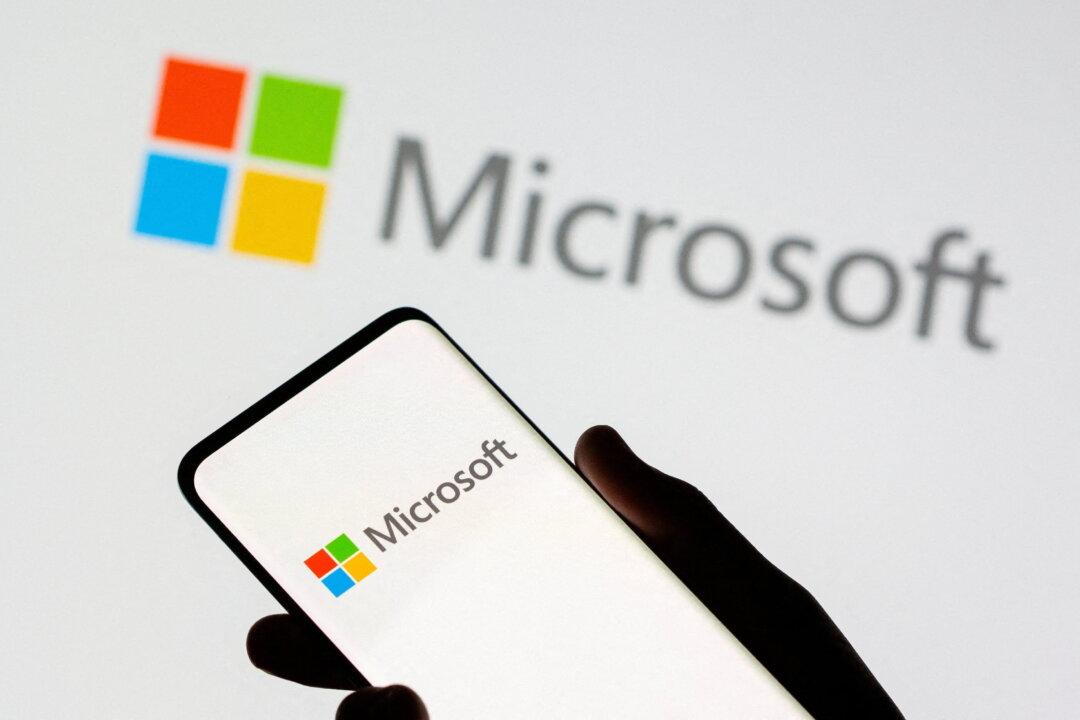Microsoft is adding its centralized AI-assisted feature Copilot to Windows 11, the company announced on May 22.
In a blog post, Panos Panay, Microsoft’s chief product officer, said the new chatbot—which like Chat GPT-4 is powered by artificial intelligence that uses large language models (LLMs)—will help assist users to complete complex tasks.




